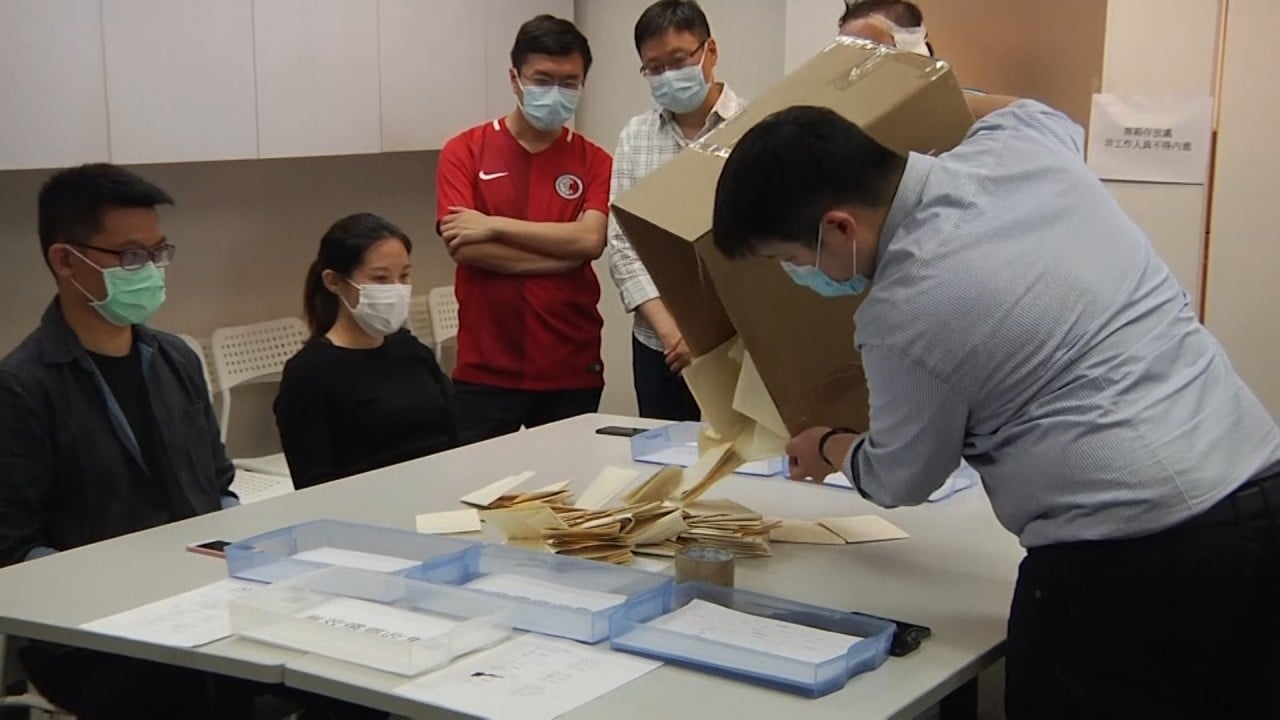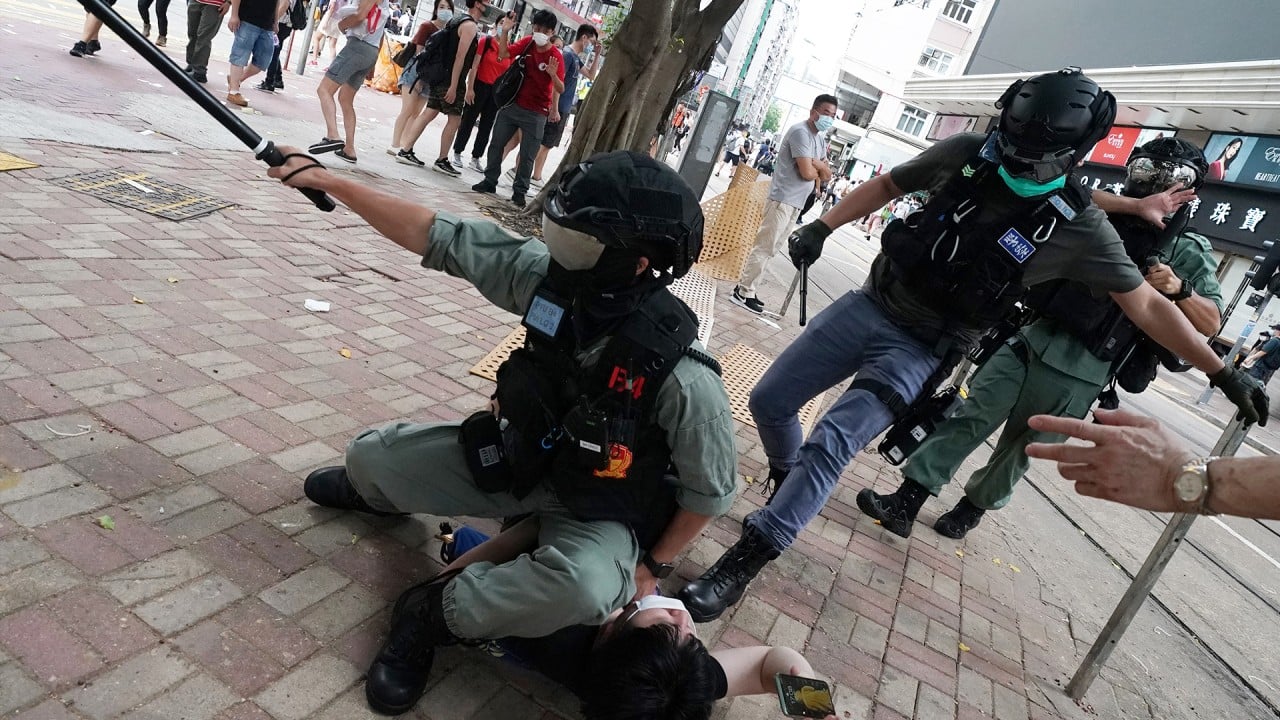
Hong Kong elections: opposition must be realistic and not just oppose Beijing
- Hong Kong democrats still think in terms of opposition and resistance after 23 years in the minority, something the government has fostered by not sharing power
- If they do win a majority, they should provide policy alternatives that would improve the social and economic welfare of the people, not just pick fights
Count Otto von Bismarck, the noted German statesman, is known for saying, “Politics is the art of the possible, the attainable – the art of the next best.” That is to say, aim high but know when to settle.
The opposition attempt to win a majority of Legislative Council seats in September is not exceptional; it is what opposition parties try to do. Usually, though, the opposition party has a policy programme it wants to implement after it becomes the majority party. This is where the Hong Kong opposition is different.
This attitude is reflected in the localists’ constant talk of resistance, not of providing good government. That is because, for the last 23 years, the democrats have always been in the minority. The only power they had lay in opposition. The government, by not giving them a role, helped foster this attitude.

02:07
More than 610,000 vote in Hong Kong’s pro-democracy opposition primary elections
So, even while planning to be the majority party, it retains the mentality of an opposition party. At the very least, it should be devising policies on housing, health care, education and other issues, not waiting for the government to produce policies for it to criticise.
The opposition’s current plan is simple: vote down the government’s budget, regardless of content. If the budget isn’t approved, the government will have little choice but to hold new elections.
Thus, the top priority of legislators elected in September will be new elections in which they seek to regain their seats. If they succeed, the new legislature will again vote down the budget. Then, according to Article 52 of the Basic Law, the chief executive will have to resign.
‘Opposition bid to sideline Beijing from Hong Kong governance could be secession’
What happens then? That part of the script hasn’t been written yet. Presumably, the Election Committee will convene to choose a new chief executive.
If the Election Committee chooses a pro-establishment candidate as the new chief executive, what will the opposition do? Will it start all over again, voting down the budget and holding new elections, ad infinitum?

06:50
Hundreds arrested, thousands protest in Hong Kong during first day under new national security law
What is the end goal of the opposition? They must recognise that Hong Kong is never going to be independent. Realistically, the best objective is what China promised in the Joint Declaration – “a high degree of autonomy”.
If they do win a majority of seats, they should provide policy alternatives that would improve the social and economic welfare of the people. The top priority should be to reform the overall situation in Hong Kong, not repeated cycles of vetos, resignations and elections that lead nowhere.
Frank Ching is a Hong Kong-based writer and commentator. [email protected]. Follow him on Twitter: @FrankChing1

